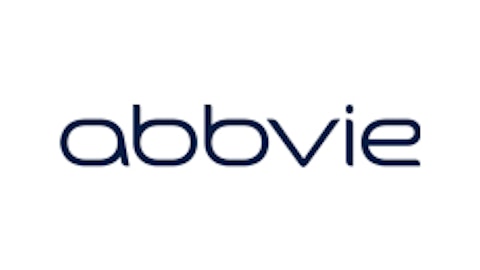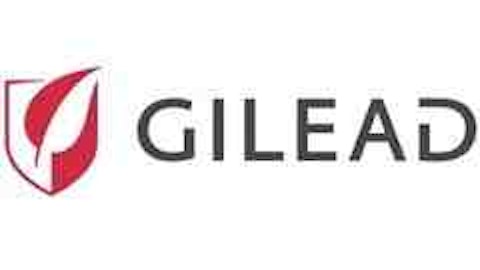After a series of failures, one is forced to wonder whether the medical fraternity, including the research and development wing of Eli Lilly & Co. (NYSE:LLY), really has a foolproof plan to develop a useful treatment for Alzheimer’s. Although the companies discussed below are all great businesses, don’t base your investment decisions on their Alzheimer’s pipelines.

Secretase inhibitors in very simple terms
The science behind this approach to Alzheimer’s is simple. Everybody knows about dental plaque – the yellowish substance that forms around your teeth and causes infection.
A different kind of plaque, amyloid plaque, is found in Alzheimer’s patients. It’s formed when a protein called APP mixes with certain enzymes called beta and gamma secretase. If a drug can stop — inhibit — these secretase enzymes, it can stop the formation of amyloid plaque, thus controlling and stopping Alzheimer’s. This is a simplistic way of describing the so-called Amyloid hypothesis, but it gives you a quick overview of Eli Lilly & Co. (NYSE:LLY)’s approach.
Trials of Eli Lilly & Co. (NYSE:LLY)’s gamma-secretase inhibitor, semagacestat (LY450139), were stopped due to disappointing results. Later, despite reports that results of solanezumab, a neuroprotector that binds to plaque and inhibits its formation, were positive, the company said that it was not going to the FDA for approval, but will conduct a third Phase III trial.
The latest proverbial nail in the coffin is the halting of trials of LY2886721, a beta-secretase inhibitor, due to reports of abnormal results of liver tests in patients.
A little more detail about Eli Lilly & Co. (NYSE:LLY)’s failed efforts
Eli Lilly & Co. (NYSE:LLY) has made three attempts to find and develop a secretase inhibitor that has a reasonable chance of working.
The company’s first attempt was semagacestat (LY450139), a gamma-secretase inhibitor, which was dropped in July 2011 after Phase III trials comprising of 3,000 patients found that it performed worse than the placebo – patients continued to fare badly on cognitive skills, failing to recover and return to baseline after they stopped taking the treatment. That means, the drug not only failed to help, but worsened the condition of the patients.
Last December, Eli Lilly & Co. (NYSE:LLY) hyped that “We are on the cusp here of writing medical history again as a company, this time in Alzheimer’s disease.” But in the same breath, it declared that the FDA would require new trials for its solanezumab. Solanezumab is a monoclonal antibody which binds to amyloid-β peptides (plaque), and it was seen as “first evidence that targeting the amyloid cascade can slow the progression of disease.”





